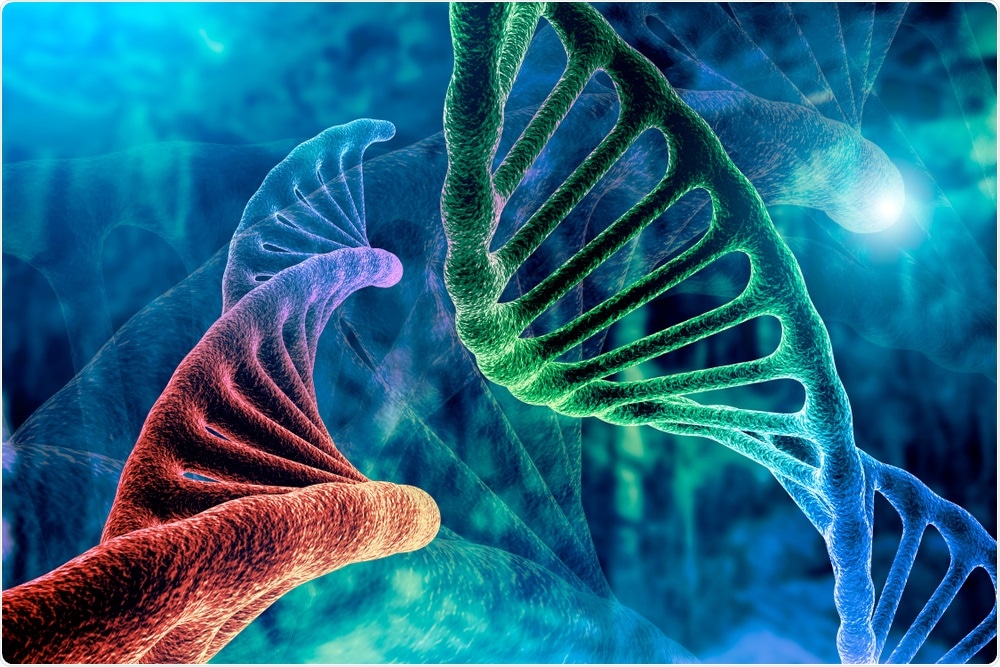LONDON: Shedding new light on why some people develop cancer while others do not, a new study has found that a person’s risk of developing cancer is affected by genetic variations in regions of DNA that do not code for proteins, previously dismissed as “junk DNA”.
This study, published in the British Journal of Cancer, shows that inherited cancer risk is not only affected by mutations in key cancer genes but that variations in the DNA that controls the expression of these genes can also drive the disease.
The researchers believe that understanding how non-coding DNA affects the development of this disease could one day improve genetic screening for cancer risk.
And in the future, this could lead to new prevention strategies, or help doctors diagnose the disease earlier when it is more likely to be treated successfully.
“What we found surprised us as it had never been reported before — our results show that small genetic variations work collectively to subtly shift the activity of genes that drive cancer,” said lead researcher of the study John Quackenbush, Professor at Harvard T.H. Chan School of Public Health in the US.
“We hope that this approach could one day save lives by helping to identify people at risk of cancer, as well as other complex diseases,” Quackenbush said.
The researchers investigated 846 genetic changes within non-coding stretches of DNA, identified by previous studies as affecting cancer risk.
These Single Nucleotide Polymorphisms (SNPs) are particular positions in the human genome where a single letter of the genetic code varies between people.
Unlike mutations in coding DNA, such as BRCA, that are rare but significantly raise a person’s risk of developing cancer, non-coding SNPs are relatively common in the population but only slightly increase cancer risk.
The team analyzed whether there was a correlation between the presence of a particular SNP and the expression of particular genes.
In total, they looked at over six million genetic variants across 13 different body tissues.
They found that variations in the regions that regulate the expression of oncogenes and tumor suppressor genes affect cancer risk.
The study also revealed that these cancer-risk SNPs tend to be specifically located in regions that regulate the immune system and tissue-specific processes — highlighting the importance of these cellular processes to the development of cancer.
“While minor genetic changes only have a small impact on cancer risk, the variations analyzed in this study are numerous and common in the population,” said Emily Farthing, senior research information manager at British charity Cancer Research UK.
(Agencies)









Comment